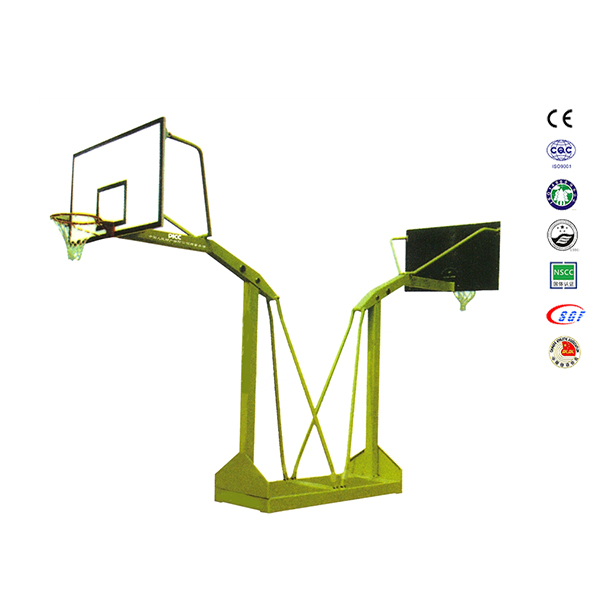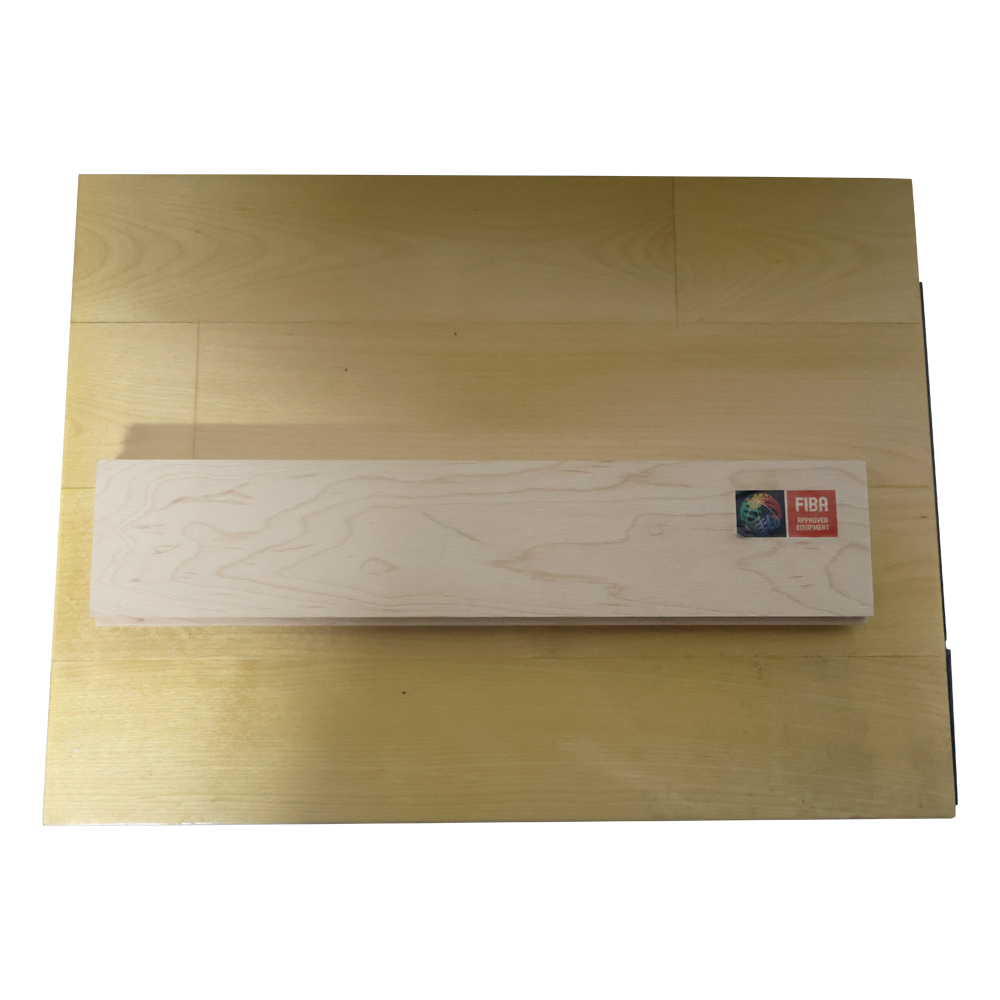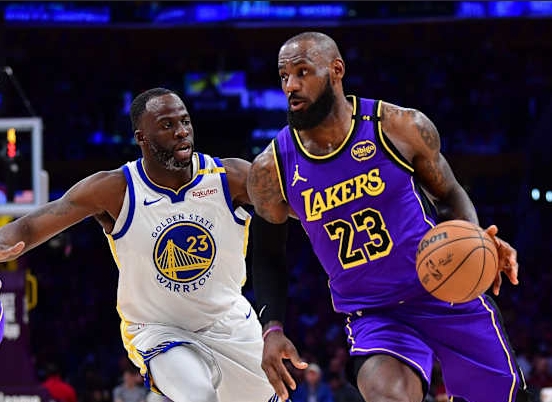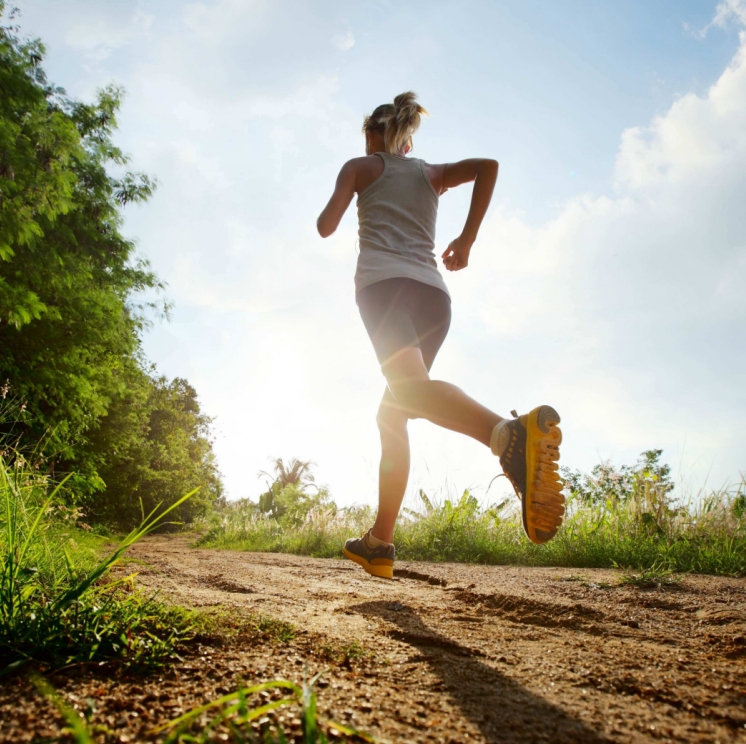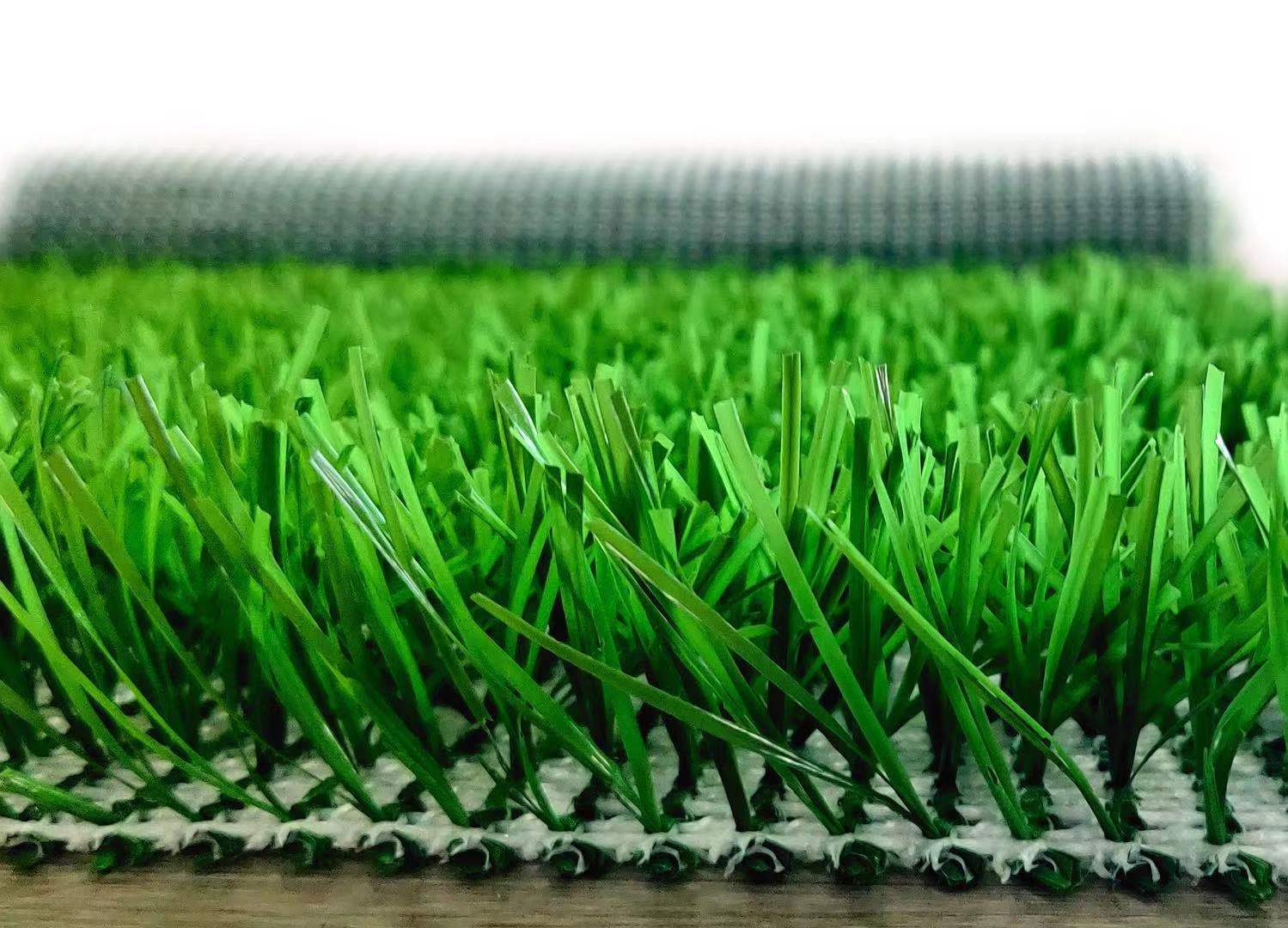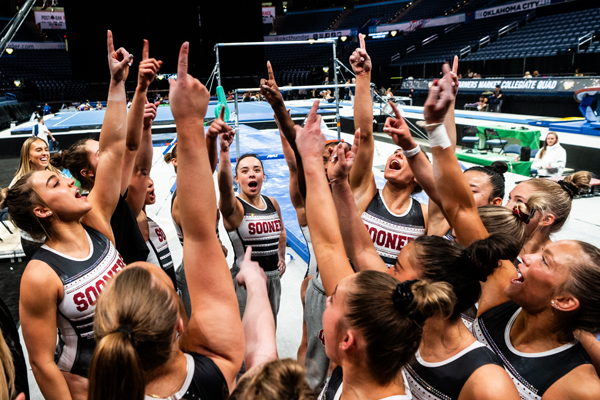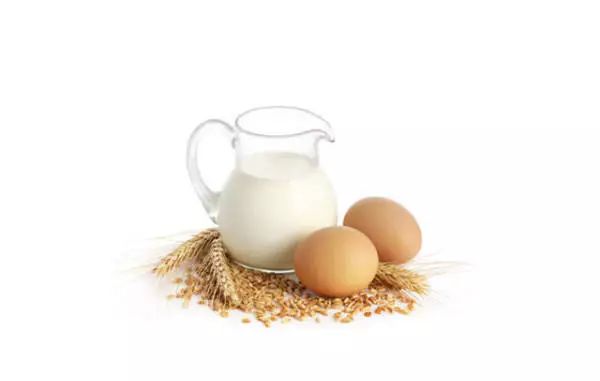Product
Best food to eat after football training
Basic Info
It is best to drink milk after exercising.
Because the body needs to replenish protein and carbohydrates after exercise, and milk is rich in protein and carbohydrates, which can help the body recover and grow muscles.
In addition, milk is rich in calcium and vitamin D, which are beneficial to bone health.
You can choose low-fat milk or skim milk to avoid excessive fat intake.
At the same time, paired with some foods with higher protein, such as eggs, nuts, beans, etc., it will help the body recover and stay healthy.
Because the body needs to replenish protein and carbohydrates after exercise, and milk is rich in protein and carbohydrates, which can help the body recover and grow muscles.
In addition, milk is rich in calcium and vitamin D, which are beneficial to bone health.
You can choose low-fat milk or skim milk to avoid excessive fat intake.
At the same time, paired with some foods with higher protein, such as eggs, nuts, beans, etc., it will help the body recover and stay healthy.
Hello everyone, today we share how a scientific post-race diet can help us recover. I hope you like it!
What is the best thing to eat to restore strength after strenuous exercise? This is one of the most common questions we football players face. Various commercial advertisements are endless, constantly touting the benefits of patented formulas. Can they really have those magical effects? In fact, this type of food is not more effective than our daily food. Today I will tell you how football players choose the best recovery diet.
If you consume enough carbohydrates, you can continue to replenish your muscles with energy for 24 hours. If we have a full day to recover before the next training or competition, or if we are just doing a simple (non-consuming) workout, then we don't need to refuel ourselves immediately after training.
If players, including football players participating in championships, are to undergo a second round of high-intensity training within 6 hours of the first training session, it is very important to recover as soon as possible.
The sooner we consume carbohydrates to replace depleted muscle glycogen and protein to repair damaged muscles, the sooner we can get back to exercising again.
Over the next 24 hours, your muscles will have plenty of time to replenish their glycogen stores. So make sure you include carbs and protein at every meal to build and repair your muscles. For example, chocolate milk or fruit smoothies are good choices.
Moderate exercise (about an hour a day), 2.5-3 grams of carbohydrates per pound.
Moderate intensity exercise (1-3 hours per day), 2.5-4.5 grams of carbohydrates per pound.
For high-intensity exercise (about 4-5 hours per day), 3.5-5.5 grams of carbohydrates per pound.
For example, a 150-pound football player should consume 500 to 800 grams of carbohydrates (2,000 - 3,200 calories) per day while training intensely.
Fruit smoothie (Greek yogurt + banana + berries)
cereals and milk
Bagels and (decaf) bread
Pretzels and Hummus
Baked Potatoes and Cottage Cheese
turkey sub
Spaghetti and meatballs.
Don’t just eat protein, like a protein shake or bar. Protein fills our stomachs and helps build and repair muscle, but it doesn't replenish your muscles. Our muscles require three to four times more carbohydrates than protein. If we like the convenience of a protein shake, at least add carbs to it. That means, throw in some bananas, frozen berries, and graham crackers.
Remember, restoring sexual energy is “important.” I hear many weight-conscious football players complain that despite hard training, they are not losing weight. Maybe it's because they eat about 300 calories of "restorative energy" and then go home and enjoy another big dinner. Arrange our training to end before eating, so as to avoid excessive intake of restorative energy.
After a hard training or game, many football players drink sports drinks because they think Gatorade is "rich" in sodium (a charged particle). In fact, milk and other "real foods" are actually richer in electrolytes than most sports drinks. These electrolytes (also called sodium and potassium) help improve fluid retention and restore normal fluid balance. Here’s a comparison of some common recovery fluids:
Water: 0 sodium, 0 potassium, 0 protein, 0 carbohydrates
powerade: 55 mg sodium, 45 mg potassium, 0 g protein, 19 g carbohydrates
Gatorade: 110 mg sodium, 30 mg potassium, 0 g protein, 14 g carbohydrates
Low-fat milk: 100 mg sodium, 400 mg potassium, 8 g protein, 12 g carbohydrates
Chocolate milk: 150 mg sodium, 425 mg potassium, 8 g protein, 26 g carbohydrates
Orange juice: 0 sodium, 450 mg potassium, 2 g protein, 26 g carbohydrates
As we've seen, drinks like chocolate milk, orange juice or a latte offer a lot more "good stuff" than sports drinks after an intense workout. Sports drinks are diluted.
To estimate how much sodium we lose through sweating, we can weigh ourselves naked an hour before exercise and take into account the water consumed. One pound of weight loss is equivalent to a loss of approximately 700-1000 milligrams of sodium.
If we are sweating and losing a lot of sodium, we use pretzels (300 mg sodium/10 servings), peanut butter bagels (500 mg) (200 mg/2 tablespoons), wheat and milk (300 mg) or ketchup Pasta dinner (1000 mg/cup of Ragu sauce) can easily be topped up. Most football players consume a lot of sodium!
This is because our bodies digest pre-workout protein into amino acids (yes, our bodies can digest food during exercise) and use those amino acids to repair damaged muscles.
Are we overtraining? Rest is an important part of a training plan. Muscles need time to replenish energy and repair. Take at least one day off per week, two if possible.
Are you anemic? Anemia is common, so ask your doctor to monitor your serum ferritin (stored iron). If our iron stores are depleted, you will feel extra tired during exercise. It is estimated that half of female athletes are iron deficient, resulting from low serum ferritin stores (approximately 14% of women are iron deficient). A survey of male college runners showed that approximately 20% had low serum ferritin levels. Iron supplementation can help solve this problem, along with good restorative eating habits.
What is the best thing to eat to restore strength after strenuous exercise? This is one of the most common questions we football players face. Various commercial advertisements are endless, constantly touting the benefits of patented formulas. Can they really have those magical effects? In fact, this type of food is not more effective than our daily food. Today I will tell you how football players choose the best recovery diet.
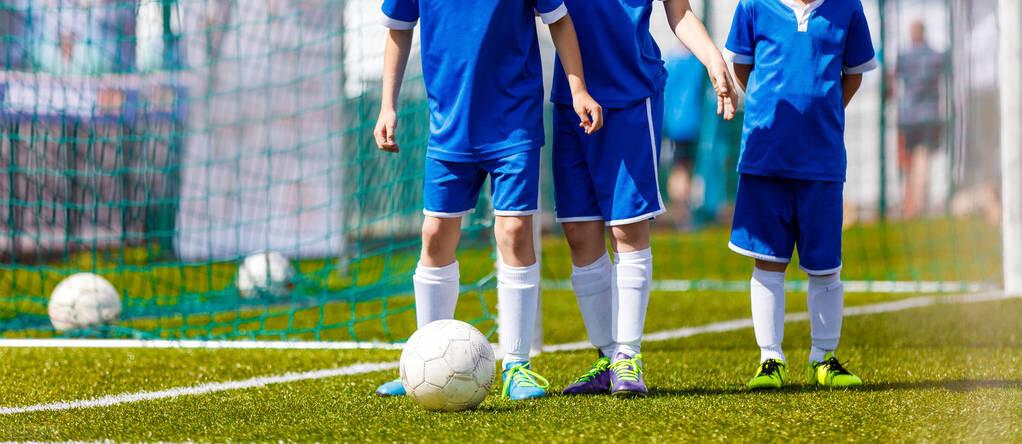
Children are training on the LDK football field
Which players need a recovery diet?
Many players are obsessed with refueling right after exercise. They worry about missing a one-hour "window of opportunity" when glycogen turnover is highly efficient. But they forget that the burning of energy still continues for several hours, just at a slower rate.If you consume enough carbohydrates, you can continue to replenish your muscles with energy for 24 hours. If we have a full day to recover before the next training or competition, or if we are just doing a simple (non-consuming) workout, then we don't need to refuel ourselves immediately after training.
If players, including football players participating in championships, are to undergo a second round of high-intensity training within 6 hours of the first training session, it is very important to recover as soon as possible.
The sooner we consume carbohydrates to replace depleted muscle glycogen and protein to repair damaged muscles, the sooner we can get back to exercising again.
Over the next 24 hours, your muscles will have plenty of time to replenish their glycogen stores. So make sure you include carbs and protein at every meal to build and repair your muscles. For example, chocolate milk or fruit smoothies are good choices.
How many carbohydrates are needed?
According to the International Olympic Committee’s nutritional recommendations, adequate carbohydrates means:Moderate exercise (about an hour a day), 2.5-3 grams of carbohydrates per pound.
Moderate intensity exercise (1-3 hours per day), 2.5-4.5 grams of carbohydrates per pound.
For high-intensity exercise (about 4-5 hours per day), 3.5-5.5 grams of carbohydrates per pound.
For example, a 150-pound football player should consume 500 to 800 grams of carbohydrates (2,000 - 3,200 calories) per day while training intensely.
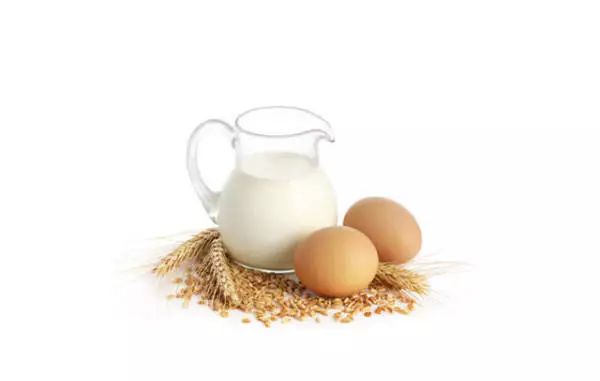
Best food to eat after football training
Which foods are rich in carbohydrates and protein?
Our recovery diet should include carbohydrate-rich breads, cereals, grains, fruits and vegetables, plus a small amount of protein (at least 10-20 grams per meal). for example:Fruit smoothie (Greek yogurt + banana + berries)
cereals and milk
Bagels and (decaf) bread
Pretzels and Hummus
Baked Potatoes and Cottage Cheese
turkey sub
Spaghetti and meatballs.
Don’t just eat protein, like a protein shake or bar. Protein fills our stomachs and helps build and repair muscle, but it doesn't replenish your muscles. Our muscles require three to four times more carbohydrates than protein. If we like the convenience of a protein shake, at least add carbs to it. That means, throw in some bananas, frozen berries, and graham crackers.
Remember, restoring sexual energy is “important.” I hear many weight-conscious football players complain that despite hard training, they are not losing weight. Maybe it's because they eat about 300 calories of "restorative energy" and then go home and enjoy another big dinner. Arrange our training to end before eating, so as to avoid excessive intake of restorative energy.
After a hard training or game, many football players drink sports drinks because they think Gatorade is "rich" in sodium (a charged particle). In fact, milk and other "real foods" are actually richer in electrolytes than most sports drinks. These electrolytes (also called sodium and potassium) help improve fluid retention and restore normal fluid balance. Here’s a comparison of some common recovery fluids:
Water: 0 sodium, 0 potassium, 0 protein, 0 carbohydrates
powerade: 55 mg sodium, 45 mg potassium, 0 g protein, 19 g carbohydrates
Gatorade: 110 mg sodium, 30 mg potassium, 0 g protein, 14 g carbohydrates
Low-fat milk: 100 mg sodium, 400 mg potassium, 8 g protein, 12 g carbohydrates
Chocolate milk: 150 mg sodium, 425 mg potassium, 8 g protein, 26 g carbohydrates
Orange juice: 0 sodium, 450 mg potassium, 2 g protein, 26 g carbohydrates
As we've seen, drinks like chocolate milk, orange juice or a latte offer a lot more "good stuff" than sports drinks after an intense workout. Sports drinks are diluted.
To estimate how much sodium we lose through sweating, we can weigh ourselves naked an hour before exercise and take into account the water consumed. One pound of weight loss is equivalent to a loss of approximately 700-1000 milligrams of sodium.
If we are sweating and losing a lot of sodium, we use pretzels (300 mg sodium/10 servings), peanut butter bagels (500 mg) (200 mg/2 tablespoons), wheat and milk (300 mg) or ketchup Pasta dinner (1000 mg/cup of Ragu sauce) can easily be topped up. Most football players consume a lot of sodium!

LDK cage football field products
In fact, eating scientifically before exercise is more conducive to recovery
What you eat before exercise affects our recovery. A study presented at the 2011 American College of Sports Medicine Annual Meeting showed that consuming protein before lifting weights promotes recovery better than consuming protein after lifting weights.This is because our bodies digest pre-workout protein into amino acids (yes, our bodies can digest food during exercise) and use those amino acids to repair damaged muscles.
What if we never recover?
If we always feel that we cannot recover, then we should consider:Are we overtraining? Rest is an important part of a training plan. Muscles need time to replenish energy and repair. Take at least one day off per week, two if possible.
Are you anemic? Anemia is common, so ask your doctor to monitor your serum ferritin (stored iron). If our iron stores are depleted, you will feel extra tired during exercise. It is estimated that half of female athletes are iron deficient, resulting from low serum ferritin stores (approximately 14% of women are iron deficient). A survey of male college runners showed that approximately 20% had low serum ferritin levels. Iron supplementation can help solve this problem, along with good restorative eating habits.
Only by eating well can you recover well and exercise with higher quality!

More LDK football product recommendations:
Football Cage
Futsal Goals
Metal Football Goal
Aluminum Football Goal
Foldable Football Goal
Portable Football Goal
Mini Football Goal
Futsal Goals
Metal Football Goal
Aluminum Football Goal
Foldable Football Goal
Portable Football Goal
Mini Football Goal
LDK sports equipment manufacturer's promotion is in progress: Click to contact us now






